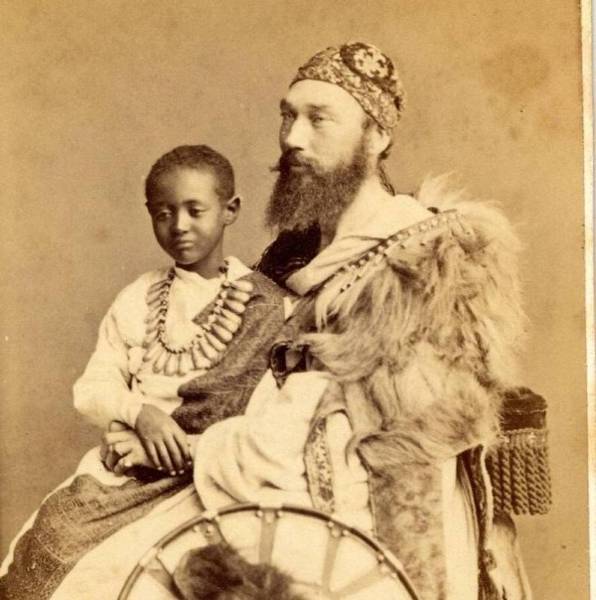 What does it mean to be evil? How are we to understand complicity? Confronted with the thought that we would be asked to perform some kind of cruel or inhumane act, most of us would recoil in horror – “I could never do such a thing! I would always stand up in the face of tyranny!” But what happens when our life, or that of those we love, is in danger? A moment’s reflection complicates any clear moral resolution, even more so when we try to imagine what it must be like to live under a dictatorship in which every phone call, every knock on the door carries with it the terror of some obscure punishment for a crime not understood.
What does it mean to be evil? How are we to understand complicity? Confronted with the thought that we would be asked to perform some kind of cruel or inhumane act, most of us would recoil in horror – “I could never do such a thing! I would always stand up in the face of tyranny!” But what happens when our life, or that of those we love, is in danger? A moment’s reflection complicates any clear moral resolution, even more so when we try to imagine what it must be like to live under a dictatorship in which every phone call, every knock on the door carries with it the terror of some obscure punishment for a crime not understood.
Journalist Wendell Steavenson explores the limits of personal morality through the story of an important Iraqi general, Kamel Sachet. Sachet’s complex relationship to country, religion, discipline and, above all, to Saddam Hussein, allows Steavenson to analyse the state of Iraq before and after the American occupation, but also to make broader claims about the nature of acquiescence in the face of oppression and fear. She succeeds much more in the former than the latter, failing to match often interesting details from her interviews with Sachet’s family and colleagues with a suitably subtle position about human behaviour in times of political turmoil. But this is not entirely the author’s fault: the ongoing devastation of Iraq and its seemingly intractable divisions leave her, by her own admission, simply unable to answer the question “what happened here?”
Nevertheless, for all her deeply personalised accounts of photographs, family histories and character observations, one can’t help feeling that a little more geopolitical nous and some rather more structural observations might have led her to approach her subjects with slightly more insight. She checks the “face, jowls and dewlaps, aging lines and expression” of an Iraqi Abu Ghraib head “for a sign of casual barbarity”, as if evil would somehow be etched in the very physiognomy of its perpetrators, and seems unduly surprised when it turns out that the bad men of the Ba’ath party have families that they love very much.
Although Steavenson mentions the sociological experiments of Philip Zimbardo and Stanley Milgram, both of which seem to point to human willingness to follow authority figures regardless of the terrible consequences for their victims, she fails to sufficiently integrate their findings into her overall story about the collusion of seemingly good men, such as General Sachet, with Saddam’s regime. As a consequence she sometimes seems to judge her interviewees by standards of personal morality that are not informed by the broader political context: “It was the mistake of a whole society,” one commander says as she presses him to admit his guilt. “You are talking as a Westerner,” a psychologist tells her, “you have not lived the Iraqi experience.” Steavenson frequently admits her own naivety; she was initially seduced by the justifications for US-led invasion, and it is on show in her futile attempts to prick the conscience of those complicit with Hussein’s barbarism. Sometimes what can only be described as gap-year Orientalism threatens to mar her otherwise insightful reportage: “[Ahmed’s] dark eyes were limpid like unfathomable pools of poetry, his long glossy lashes blinked like Bambi.” This kind of prose is partly a problem of genre: after the success of Asne Seierstad’s The Bookseller of Kabul, Khaled Hosseini’s The Kite Runner and sundry other geopolitically inflected memoirs, the imperative to elaborate every detail, to describe every experience in baroque tones, regardless of whether the author has any idea what was really going on in the mind of whoever they’re writing about, undermines much of the psychological or political insight such books might provide.
Steavenson’s ambition “of telling the story of what happened in Iraq, not just from the point of view of the victims of the regime, but those who had participated in it” is a worthy one. The focus on the rise and fall of Kamel Sachet provides an effective narrative frame to elucidate the messy and tragic story of a nation wrecked first by itself and then by others. It is a shame, then, that she allows her own voice to intrude quite so much into a story that at its heart is about the complex and terrible justifications of those who are, as, under similar circumstances we might be, complicit with evil.
The Weight of a Mustard Seed is published by Atlantic Books

